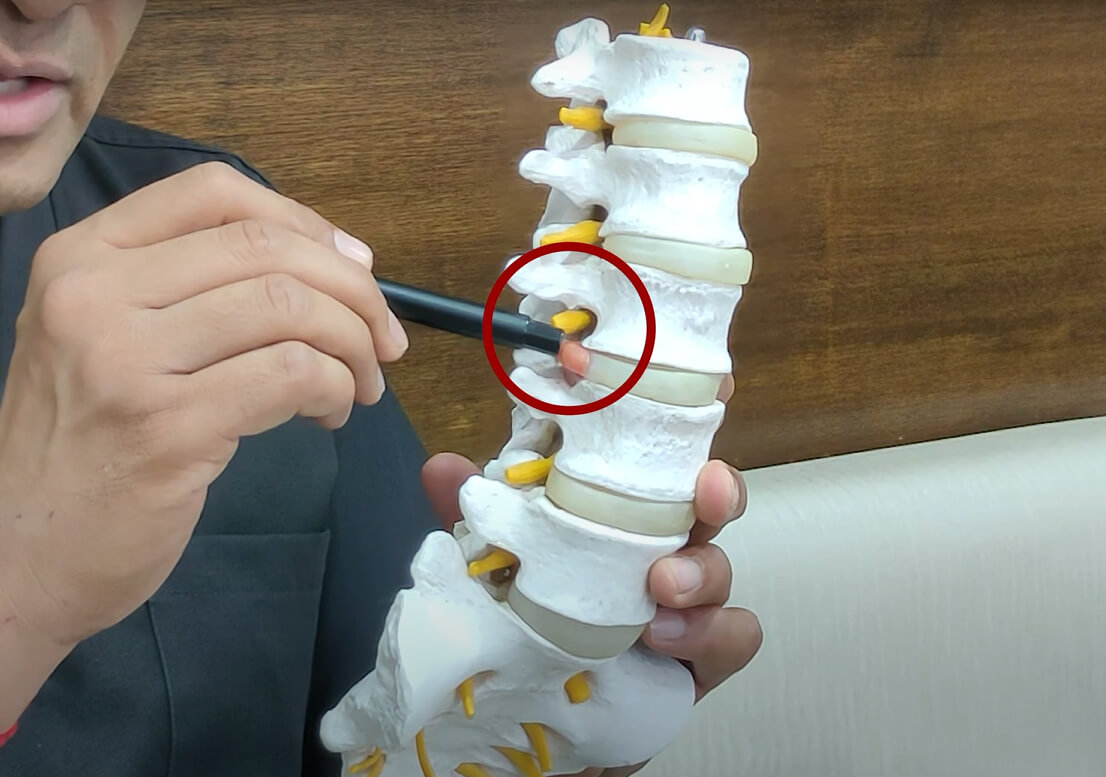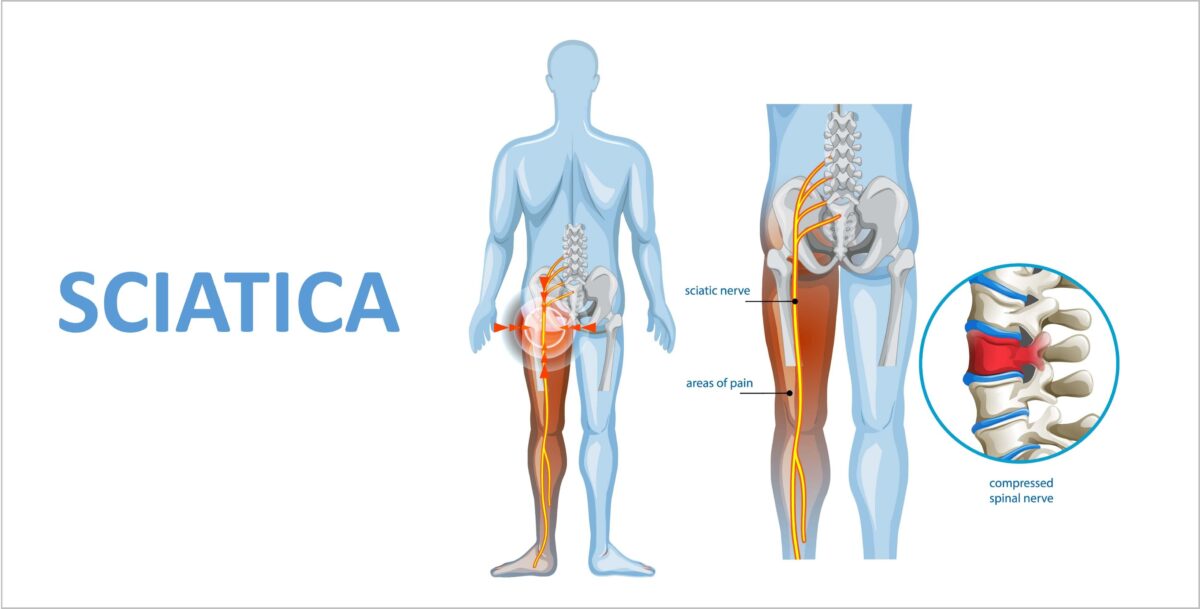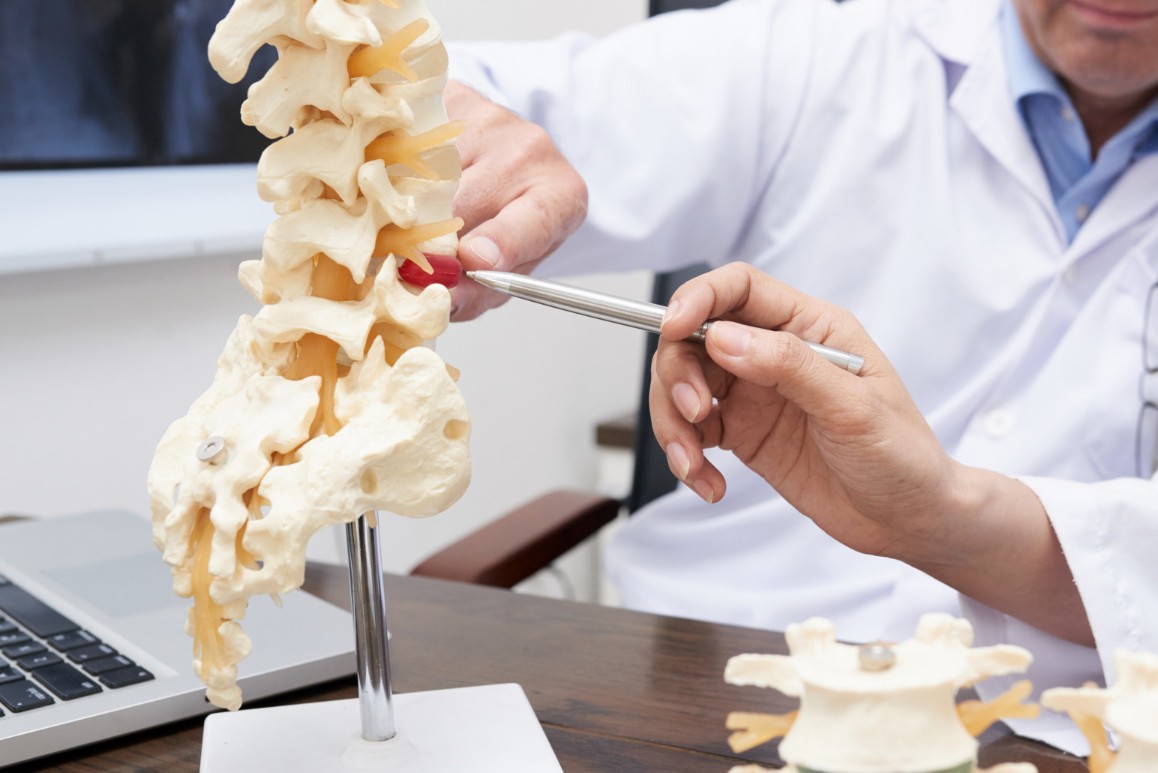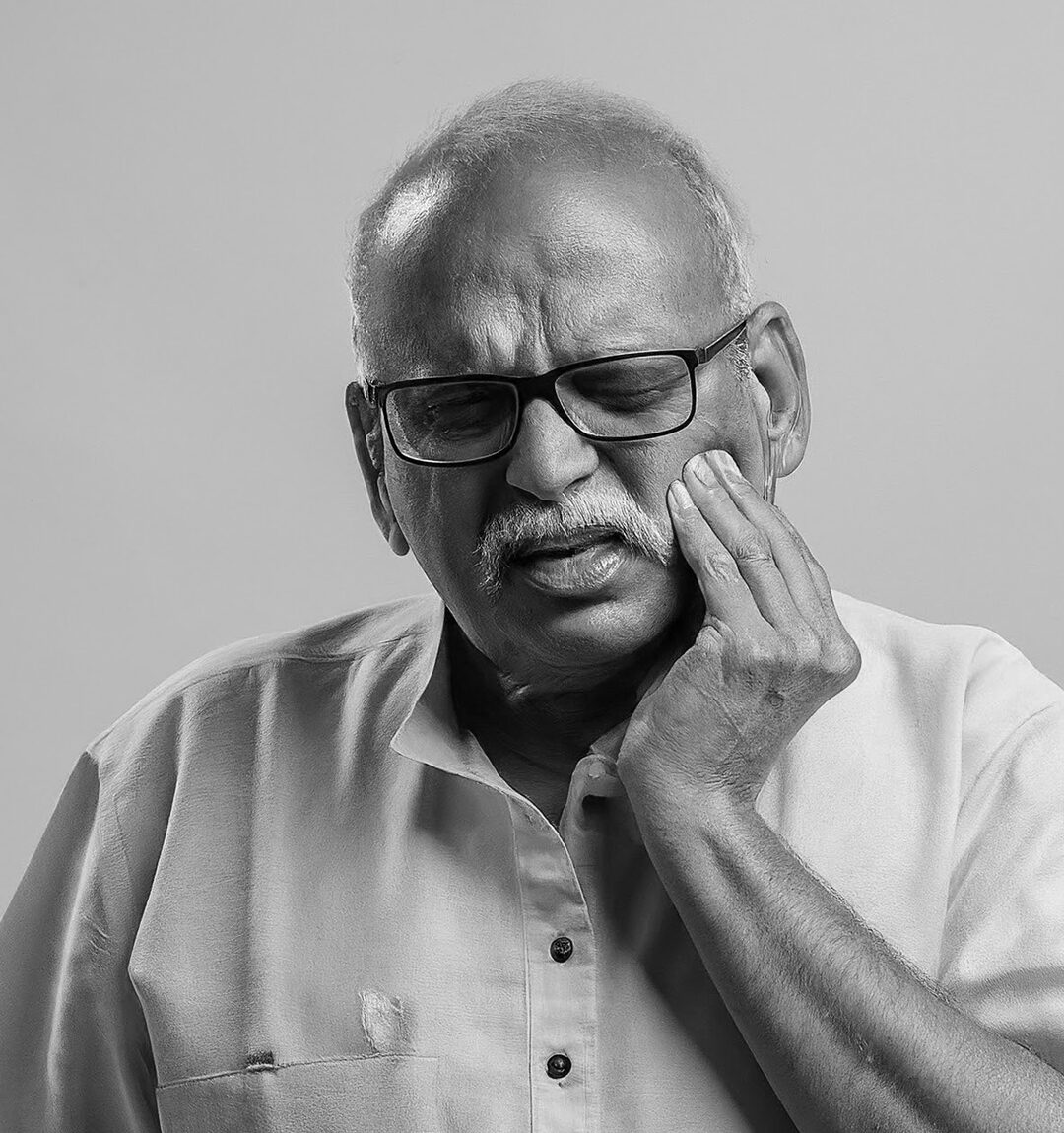Back pain can be scary—especially when you hear the words slipped disc. Many people imagine a life full of limitations, months of bed rest, or even permanent disability. But the reality is very different. With modern slipped disc treatment, guided by experts, most people go back to living active, fulfilling lives.
Let’s bust the biggest myths and look at what recovery truly looks like.
Myth 1: You’ll Never Walk or Work Normally Again
Many people assume that a slipped or herniated disc means giving up on their job, favorite activities, or even basic routines. The truth? Most patients recover well – without surgery – and return to regular life within weeks or months.
Real people who once struggled to sit, stand, or sleep comfortably have gone on to run businesses, travel, and exercise regularly after undergoing proper herniated disc treatment.
Looking for herniated disc treatment in Ahmedabad? Consult LiveWell Hospital.
Myth 2: You Must Stay on Complete Bed Rest
In the past, patients were told to avoid movement for long periods. But now we know prolonged rest can actually make things worse. Staying active (with professional guidance) is one of the best ways to heal.
Physical therapy, gentle stretching, and posture correction – At LiveWell Hospital this is often guided by our slipped disc specialist in Ahmedabad – to help the disc heal faster and prevent future problems.
SEE ALSO: Can a Slipped Disc Heal on Its Own?
Myth 3: Surgery Is the Only Option
This is one of the most common and dangerous myths. In reality, non-surgical and minimally invasive treatments work effectively for many people. Here’s how modern slipped disc treatment in Ahmedabad at LiveWell Pain Hospital is changing lives:
Non-Surgical Approaches
- Physical Therapy – Strengthens core muscles, improves spinal support, and reduces disc pressure.
- Medication – Pain relievers and anti-inflammatory drugs help manage symptoms.
- Epidural Injections – Reduce inflammation and nerve irritation for lasting relief.
- Lifestyle Modifications – Proper posture, weight management, and ergonomic changes can prevent worsening symptoms.
Advanced Pain Management Procedures
If conservative treatments fail to provide relief, minimally invasive interventions are available, including:
- Transforaminal Block – A targeted injection to reduce nerve swelling and alleviate pain, performed under live X-ray guidance.
- Percutaneous Disc Decompression (Nucleoplasty) – A non-surgical bulging disc treatment that removes a portion of the herniated disc through a needle, relieving pressure on the nerve roots.
- Endoscopic Disc Removal – A modern, minimally invasive technique where the bulging disc is removed under direct vision using an endoscope, offering faster recovery and less post-procedure pain.
Surgical Treatments
In severe cases, surgery such as laminectomy may be required to relieve excessive pressure on the spinal cord and nerve roots. This procedure is performed under general anesthesia to remove the affected disc portion and restore nerve function.
Looking for the best slipped disc treatment in Ahmedabad? Click here to know more.
Life After Slipped Disc Treatment – A New Beginning
Slipped disc is a setback—but not the end of the road. People who feared never walking pain-free again are now jogging in parks, lifting their children, or sitting through long meetings without discomfort. The key is early diagnosis, the right treatment plan, and lifestyle changes to prevent recurrence.
If you or someone you know is struggling with slipped disc symptoms, don’t lose hope. You don’t have to live in pain or fear. With today’s treatment options, recovery is not only possible – it’s common.
Schedule a consultation with LiveWell Hospital – No. 1 hospital for slipped disc treatment in Ahmedabad and take the first step toward recovery. #HealWithLiveWell
NOTE or SOURCE:
Banner image used is the intellectual property of LiveWell Hospital & is subject to copyrights owned by LiveWell Hospital, Ahmedabad.











